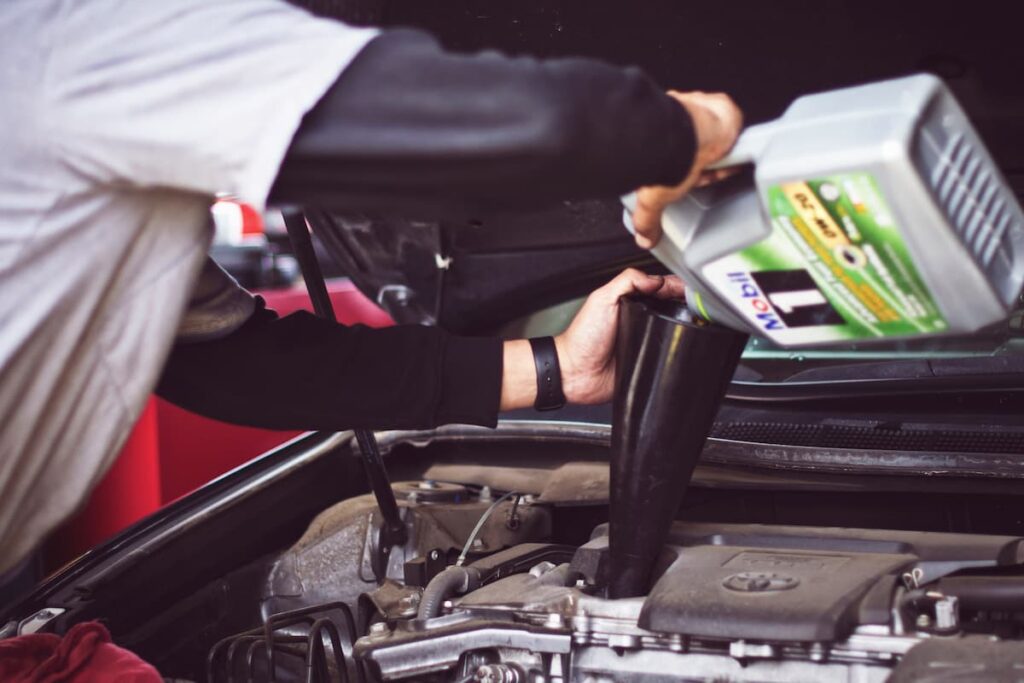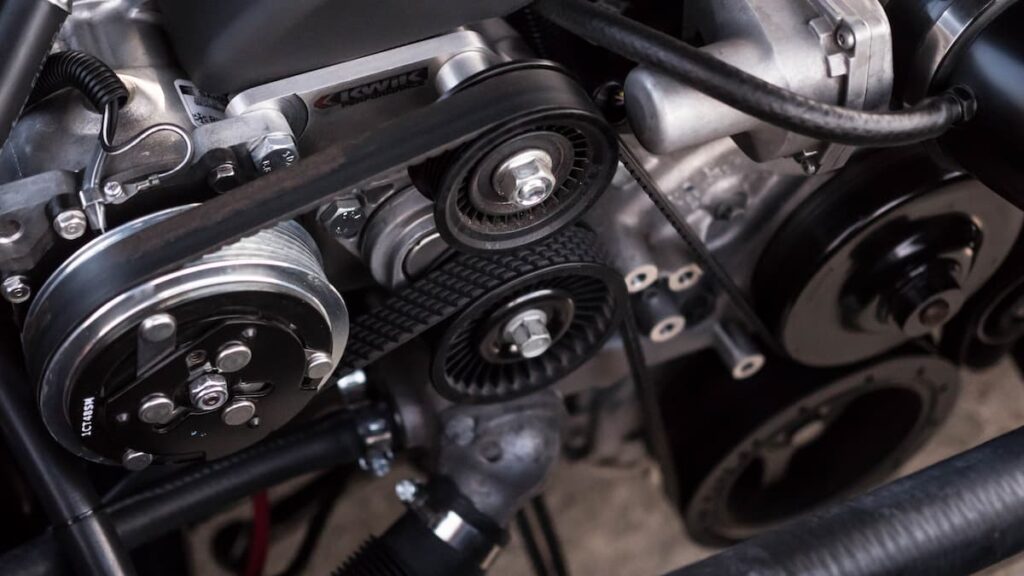Why is car maintenance important?
Many drivers neglect regular car maintenance, but we hope you're not one of them. Waiting until the warning lights on your dashboard start blinking is never a smart move. Why? Because by then, the damage might already be done.
Do you fully grasp the significance of preventive car maintenance? It’s not just about saving money in the long run; it’s about ensuring your safety and the longevity of your vehicle. If you’re unsure where to start, don’t stress—this guide is here to help.
Regular maintenance isn’t just about avoiding costly repairs; it’s also about extending your car’s lifespan. A well-maintained car could fetch a better price if you decide to sell it down the line. Additionally, it builds trust with potential buyers who appreciate a clear service history.
But beyond financial considerations, there’s the critical matter of safety. Neglecting maintenance increases the risk of unexpected breakdowns, which can be both dangerous and inconvenient. So, let’s dive deeper into why proactive care is far better than reactive fixes.

Car Maintenance: Avoiding Irreparable Damage
Think about engines with failing components, tires bursting on the highway due to excessive wear, or a snapped timing belt. These issues are preventable with routine maintenance. Sure, maintenance costs money, but delaying it can lead to far more expensive repairs—or even permanent damage to your vehicle.
Regular upkeep isn’t just about preventing breakdowns; it’s also about cutting down on future expenses and keeping your car running smoothly for years to come. Small investments now can save you big headaches later.
Small Efforts, Big Rewards
Simple tasks like changing the oil, replacing brake pads, or swapping out worn tires can prevent major headaches. For instance, it’s generally recommended to change your oil every 10,000 kilometers, but always check with your mechanic to confirm specific guidelines for your model.
These tasks take minimal time and effort, yet they can make a world of difference in maintaining your car’s performance. While you’re at the mechanic, consider addressing any other minor concerns before they become major problems.

Three Key Steps for Effective Car Maintenance
1. Read Your Owner’s Manual
Your car’s owner’s manual is your ultimate guide to keeping it in top condition. It provides detailed instructions on when and how to perform routine maintenance, along with recommendations for compatible parts and fluids.
From tire pressure settings to filter types, the manual covers everything you need to know. By following these guidelines, you’ll stay ahead of potential issues and maximize your vehicle’s lifespan.
2. Reflect on Your Driving Habits
Even if you stick to the maintenance schedule, bad driving habits can undo all your efforts. Aggressive acceleration, sudden braking, or ignoring warning signs can accelerate wear and tear on your car. Take stock of your behavior behind the wheel and adjust accordingly to protect both yourself and your vehicle.
3. Invest in Quality Parts
Opting for low-quality replacement parts might seem cost-effective in the short term, but it often leads to premature failure and additional repairs. Always choose reputable brands recommended by your dealership or mechanic. High-quality parts last longer and offer superior performance, ultimately saving you money and hassle.
Remember, car maintenance isn’t just about protecting your investment—it’s about safeguarding everyone who shares the road with you. Your vehicle is your lifeline, so treat it with care.
So, when are you scheduling your next service appointment? Let us know in the comments below!
Bar Feeder,Automatic Feeding Machine,Automatic Bar Feeder,Automatic Belt Conveyo
Suzhou Loong Won Machinery Technology Co., Ltd. , https://www.loongwon.com
